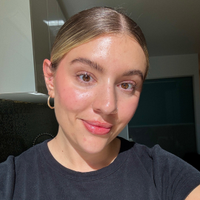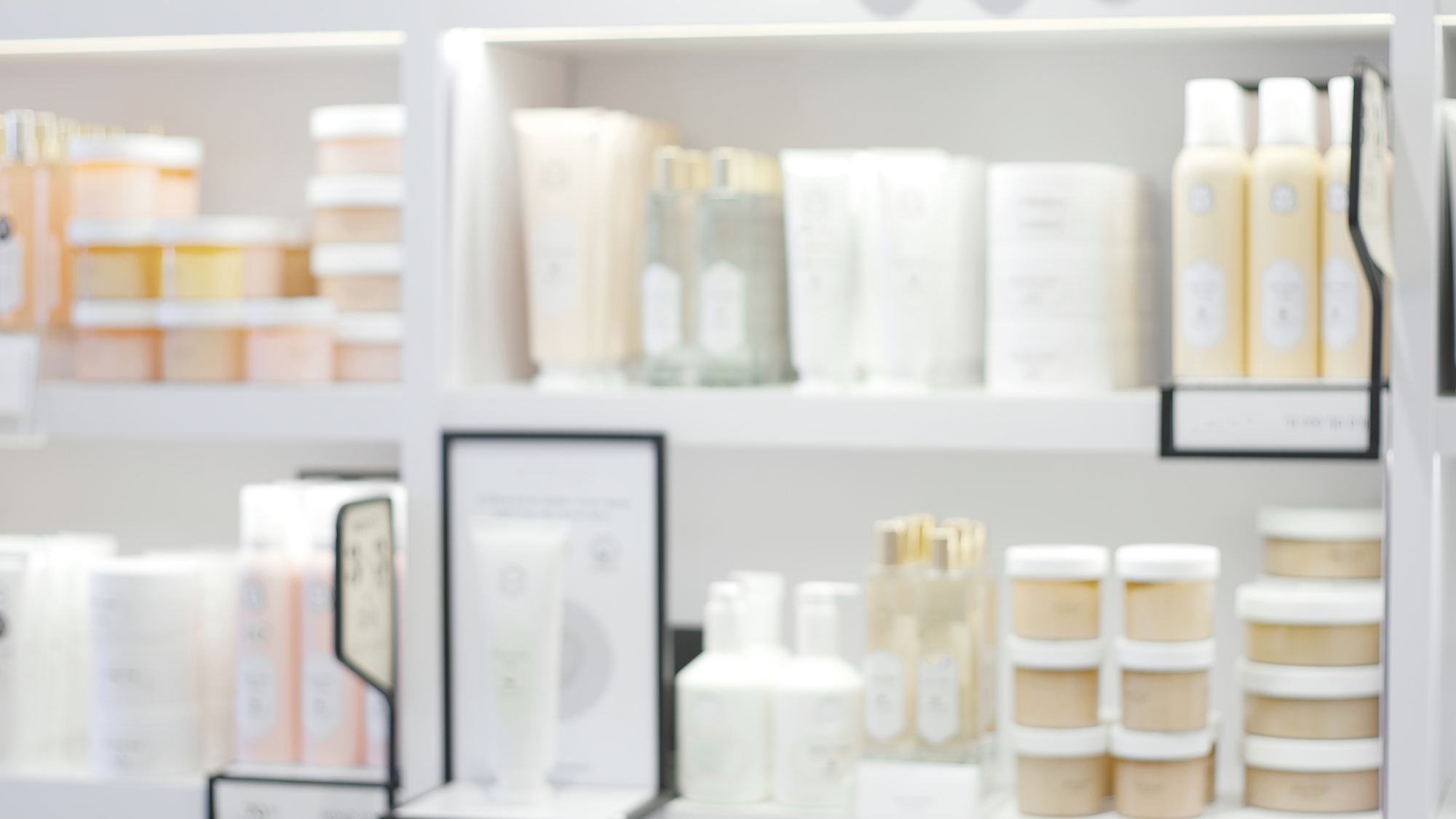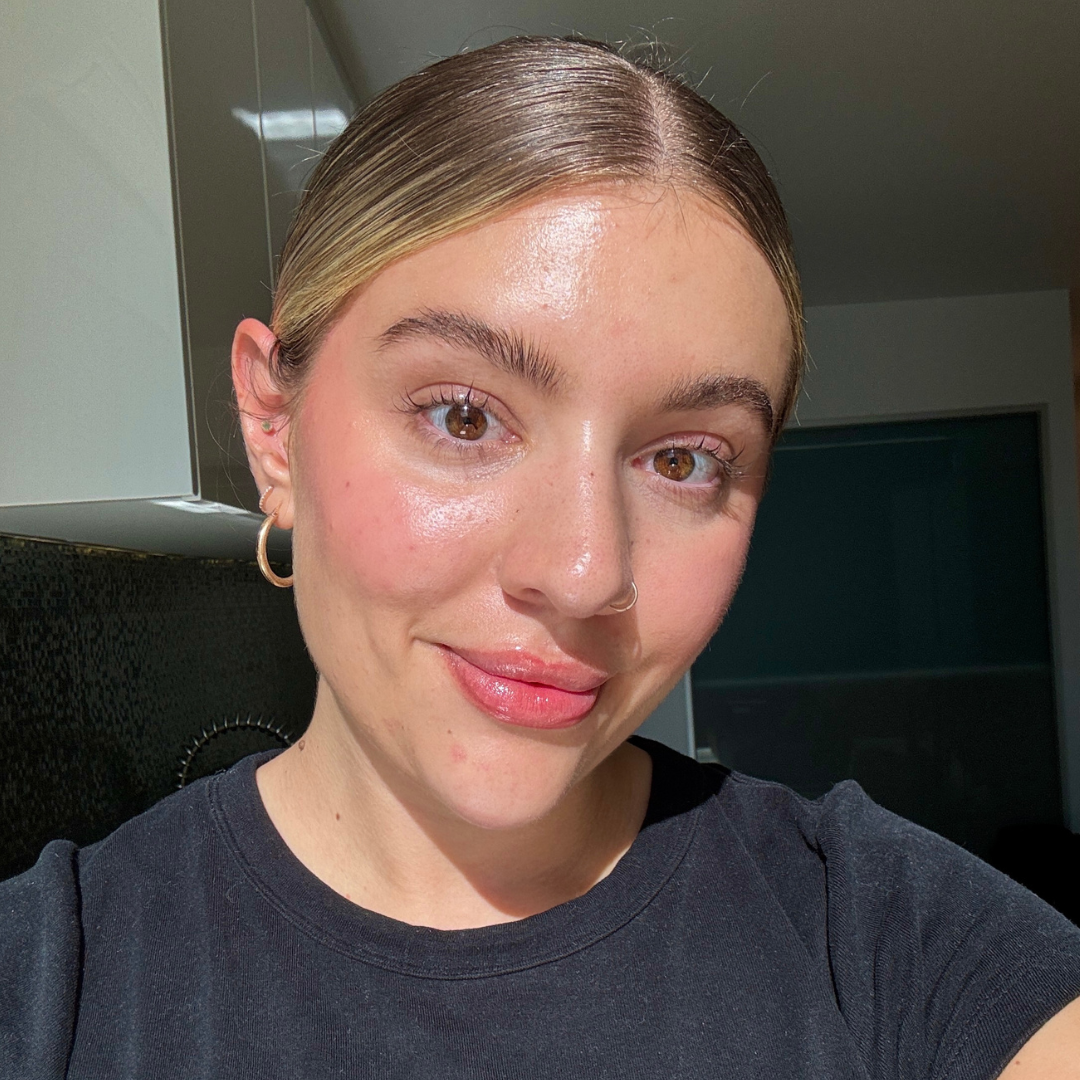Are Skincare Claims Just Marketing Hype? Experts Cut Through Beauty's Empty Promises
From 'medical-grade' to 'non-toxic,' here are what these terms really mean


Celebrity news, beauty, fashion advice, and fascinating features, delivered straight to your inbox!
You are now subscribed
Your newsletter sign-up was successful
Over the last decade, we've become far more knowledgable and discerning when it comes to buying beauty products. We know how to decode our ingredients lists and decipher the best formula for our specific skin concerns. But one area that's still a bit murky is skincare marketing terminology—the claims and promises splashed across every campaign and product packaging. While they may sound convincing, these are often very cleverly worded to slip through regulatory loopholes, leaving them totally unchecked and, in some cases, unsubstantiated.
Just as being able to translate an ingredient label helps us care for our skin, understanding which skincare claims are marketing fluff and which are evidence-backed empowers you to make the best purchasing decisions for your skin.
From 'clean' to 'medical-grade,' here's what you need to know about the most widely-used unregulated skincare terms.
Why are certain skincare claims unregulated?
"Cosmetic regulation focuses on ingredient safety, not on the marketing language used. This leaves space for brands to exploit these gaps and consumer concerns," says Consultant Dermatologist Dr Sidra Khan. "These buzzwords sound reassuring and persuasive, but they are not evidence-based. Much of skincare is driven by marketing, rather than by science."
This unfortunately can cause a crises of trust between consumers and certain competing brands, meaning it becomes a fight between who markets their products best, rather than who may actually have the best. "The examples below are all marketing terms used to prey on unknowing consumers so they opt for the 'better' option instead but actually, all cosmetics are regulated in the same way so it should be a level playing field. This instills fear in consumers about the products which they have probably used safely for years," explains Kamal Kaur, Founder & Principal Regulator at The Cosmetic Regulator.
What they should be doing, she argues, is "educating consumers to instil trust rather than scaring them about products from competitors!" Kaur looks to brands like The Ordinary who do this well, and "where science communication is the main focus of their marketing."
A post shared by The Cosmetic Regulator (@thecosmeticregulator)
A photo posted by on
What needs to change?
As mentioned, Kaur believes that the responsibility for more transparent marketing largely lies with the brands, who she says "need to step away from the marketing 'trends.'" As well as The Ordinary, she praises Byoma for their marketing strategy, which is based on education rather than fear-mongering against the competition or confusing terms. "For consumers to trust a brand, they want transparency and this can be done by educating consumers on what is in the formulation and why. We see this done by Byoma on their ingredients lists."
Celebrity news, beauty, fashion advice, and fascinating features, delivered straight to your inbox!
Khan however says that the regulatory boards may need to step in here, too. "We need clearer regulatory guidance and stronger enforcement to stop misleading language," she argues. However, de-mystifying ingredients and skincare as a whole is important for consumers, also. This is something she is passionate about, using social media as a platform "to highlight where marketing claims diverge from science." She notes that it's all about "raising public literacy in skincare" and "empowering people to interpret skincare claims critically," so they understand what they're buying.
4 unregulated terms to approach with caution
The following are some of the phrases to be wary of, according to a dermatologist and cosmetic regulator. Remember, due to the lack of regulation, these terms largely hold no meaning.
1. 'Clean'
It's assumed that any beauty product or brand that says it's committed to using only 'clean' formulations must be a safe bet. But unsurprisingly, says Khan, this doesn't really mean much. "'Clean' suggests safety without evidence."
This is because there is no 'legal' definition of what 'clean' products can and cannot contain, or what they should look like. "You will often find brands have their own definition as to what this means, but it isn't consistent across brands," notes Kaur.
If making responsible, gentle choices for your skin are important, a great way to look for safe products is by doing your research independently. This may be by using a skincare ingredient decoder app to learn more about the ingredients within your formulas, or to speak to a dermatologist or skin expert about a specific ingredients list if you're unsure.
2. 'Medical-grade'
This term is often thrown about, lulling consumers into a sense of security, assuming that 'medical-grade' ingredients must be premium, scientific and safe—and thus, worth a premium price.
There's little merit in this, though. "'Medical-grade' and 'cosmeceutical' are widely used and often used interchangeably to refer to cosmetics which have some more of medical element to them," says Kaur. "In truth, there is no such thing as 'medical grade' skincare or 'cosmeceuticals.' There is no legal definition for either term. Products can be either cosmetics or medicines, there is no in-between in the regulations."
Khan adds that this one can be "particularly problematic as it gives the illusion of added expertise or value, often at inflated prices, despite no regulatory basis." Great skincare doesn't always have to come at a premium price-tag, or be created by doctors.
3. 'Chemical-free'
"'Chemical free' is very misleading, as all substances are chemicals," notes Khan. "Every ingredient used in skincare is a chemical," adds Kaur, who confirms that this term is "not defined in any regulation" and is one claim that is "completely nonsense."
Now of course, there are some 'chemicals' you may not wish to use in your skincare, justifiably so. Depending on your skin type, certain ingredients may trigger conditions or just not feel right for you. Again, this is where your decoder apps come in, as well as knowledge from your favourite expert dermatologist. Just remember that a brand that uses 'chemical-free' to categorise all of its skincare is usually just doing so as part of their marketing jargon more than anything.
4. 'Non-toxic'
If you think about it, the claim that something's 'non-toxic' is largely non-sensical, as it insinuates that there are 'toxic' formulas being sold in the mainstream skincare market. This is just not something that happens given our regulatory protections and systems in place.
"'Non-toxic' doesn't mean anything. Cosmetics sold in the UK & EU must pass a safety assessment completed by a toxicologist who assesses the toxicity of the formulation and the ingredient within it. A product cannot be placed on the market for sale without a positive safety report confirming it is safe," explains Kaur.
This one is largely a scare-mongering tactic, so try not to be scared to try products that don't vocally push themselves as 'non-toxic.' Do your research about the kind of ingredients formulas contain, if they are right for you, and what might be best to avoid according to your skin type and preferences.

Rebecca is a freelance beauty journalist and contributor to Marie Claire. She has written for titles including Refinery29, The Independent, Grazia, Coveteur, Dazed, Stylist, and Glamour. She is also a brand consultant and has worked with the likes of The Inkey List on campaign messaging and branded copy. She’s obsessed with skincare, nail art and fragrance, and outside of beauty, Rebecca likes to travel, watch true crime docs, pet sausage dogs and drink coffee. Rebecca is also passionate about American politics and mental health awareness.